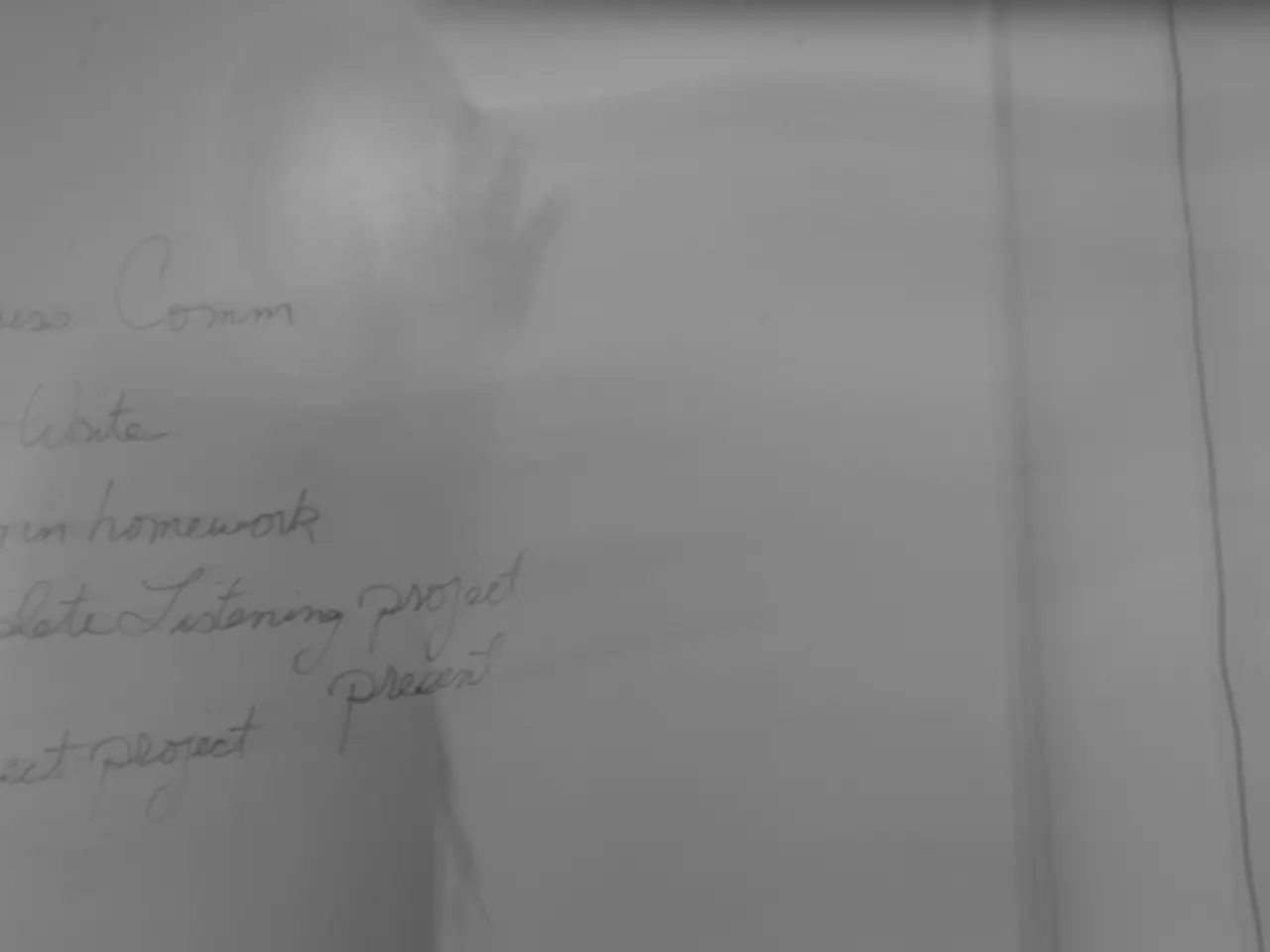"A Fresh Start: Delaware Legislators Ponder Law to Erase Eviction Records"
In a significant step towards housing stability, Delaware lawmakers are considering two bills aimed at making it easier for people to expunge evictions from their public records and provide a second chance at securing housing.
The first bill, sponsored by state Sen. Elizabeth "Tizzy" Lockman, seeks to ease the process of eviction expungement, setting conditions such as a five-year waiting period after the eviction judgment, payment of any owed money, no similar filings, and a court motion to have the eviction removed. Proponents argue that these requirements are reasonable, as they indicate the tenant has maintained good behavior since the eviction.
The legislation, approved by the Delaware State Senate earlier in June 2025 without opposition, now awaits consideration on the Delaware House floor.
In parallel, another related bill, SB 116S, is focused on preventing eviction if all past due rent and costs are paid. This bill extends tenant protections by giving tenants a right of redemption, allowing them to stop eviction by paying all owed amounts before the eviction order is executed. It also extends the notice period for rent payment from 5 to 7 days and requires landlords to provide written notice before starting eviction proceedings. As of June 17, 2025, this bill has not yet been voted on in the full legislature.
These legislative efforts aim to reduce evictions and mitigate their long-term negative impact on housing stability, offering Delaware tenants more opportunities to maintain or regain housing after financial difficulties.
Sharell Hayman, a homeless mother who lost her home due to a past eviction, supports the legislation. She stated that families like hers are being left behind due to strict rental criteria. Hayman, along with her daughter, is currently homeless and had a strong rental history before losing her job.
However, not everyone is in agreement. State Rep. Stephanie Bolden expressed concern about the bills not addressing illegal activities in Wilmington rental properties.
It's important to note that the legislation allows for the disclosure of eviction records upon request by the Department of Justice, the defendant, or the court. Once the court issues the shield order, it's as if the eviction had never been filed, and the renter does not have to disclose it on future housing applications.
Other conditions under which someone could get their eviction removed from public view include fulfilling the terms of a stipulated agreement, the court dismissing the eviction complaint, the court ruling in the defendant's favor, or it being in the interest of justice.
This journalistic piece is supported by a statehouse coverage grant from the Corporation for Public Broadcasting and relies on financial support from readers for fact-based, in-depth journalism.
The story of Sharell Hayman and her family highlights the potential impact of these bills on survivors of housing instability, particularly those disproportionately affected by eviction filings, such as survivors of domestic violence. As the bills move forward, it remains to be seen how they will shape the future of housing stability in Delaware.
- The policy-and-legislation under consideration in Delaware, including Senate Bill 154 (sponsored by Elizabeth "Tizzy" Lockman) and SB 116S, is centered around housing stability, aiming to make it easier for people to expunge evictions and prevent eviction after rent payment.
- The current debates in policy-and-legislation regarding evictions are not only focused on politics but also on general-news topics like housing stability and the long-term impacts of evictions on families, as evidenced by the story of homeless mother Sharell Hayman.








